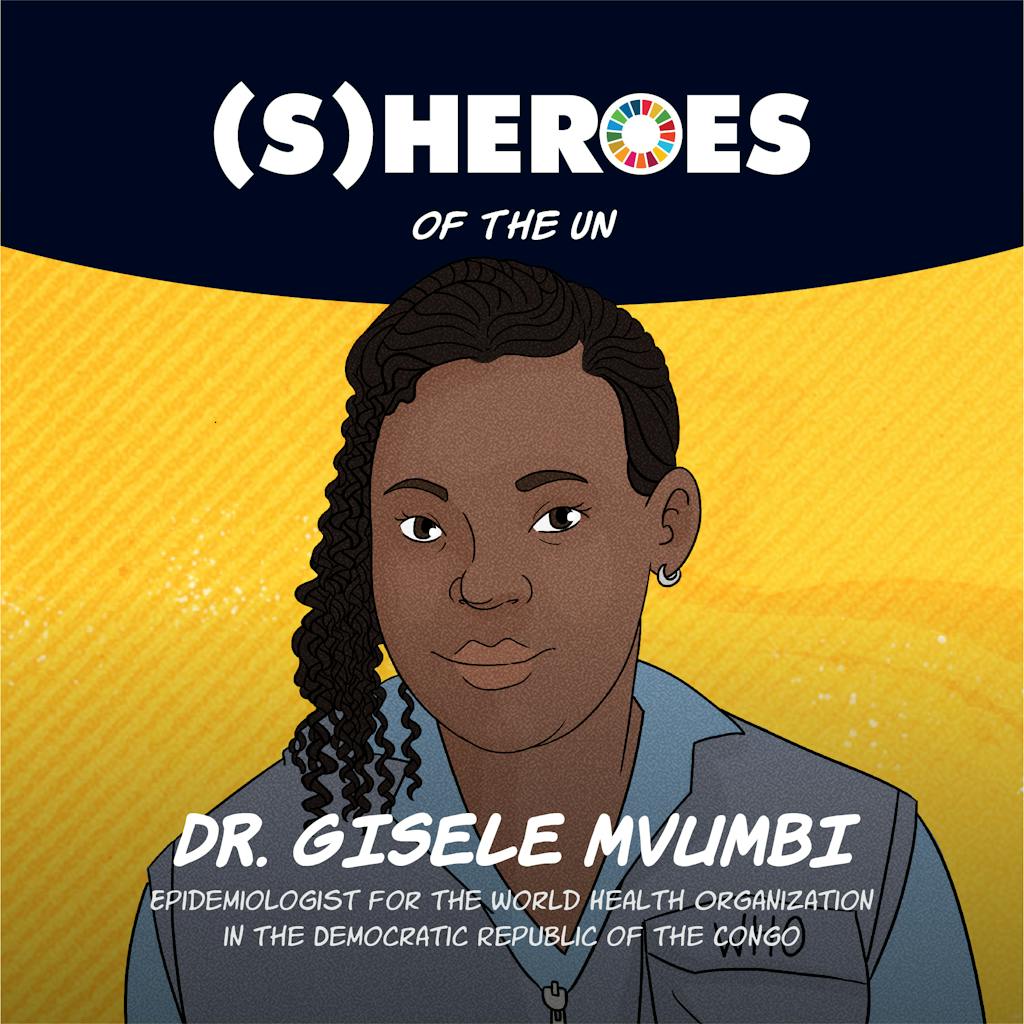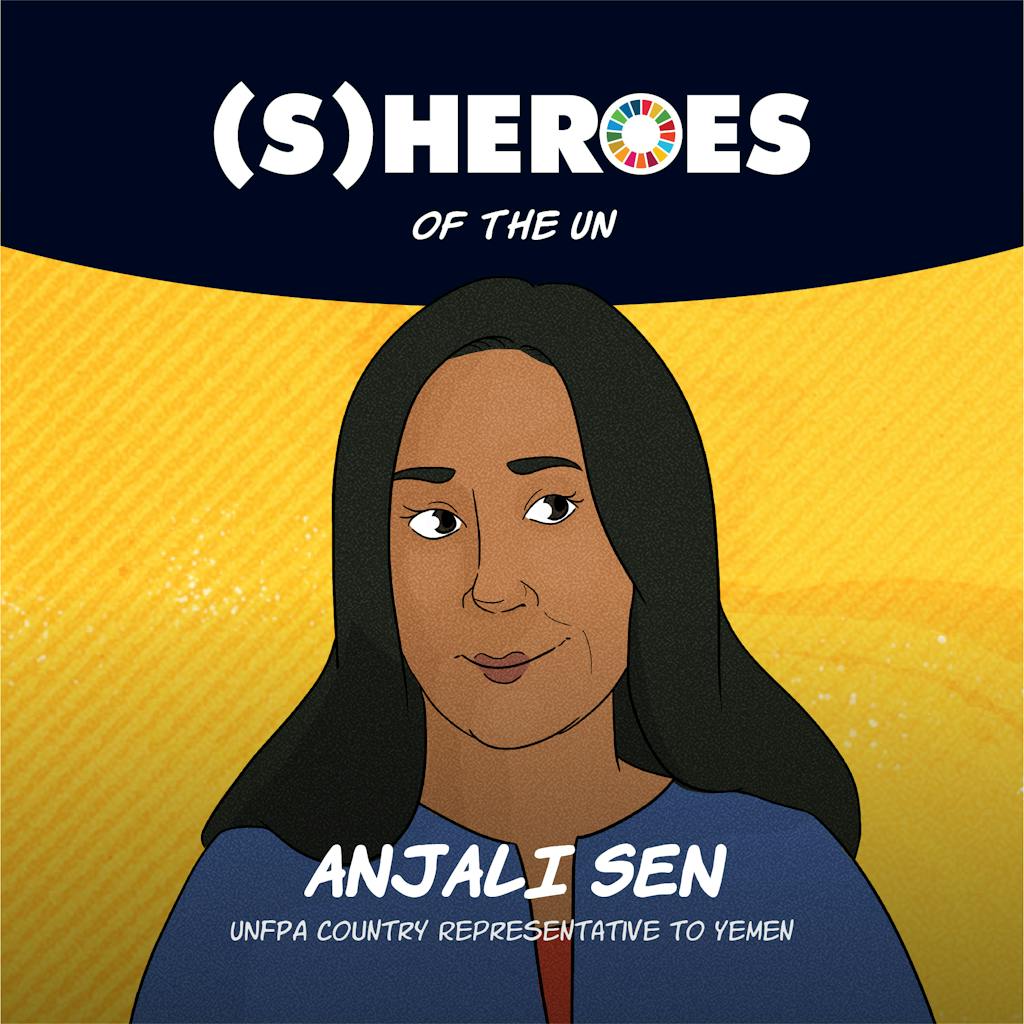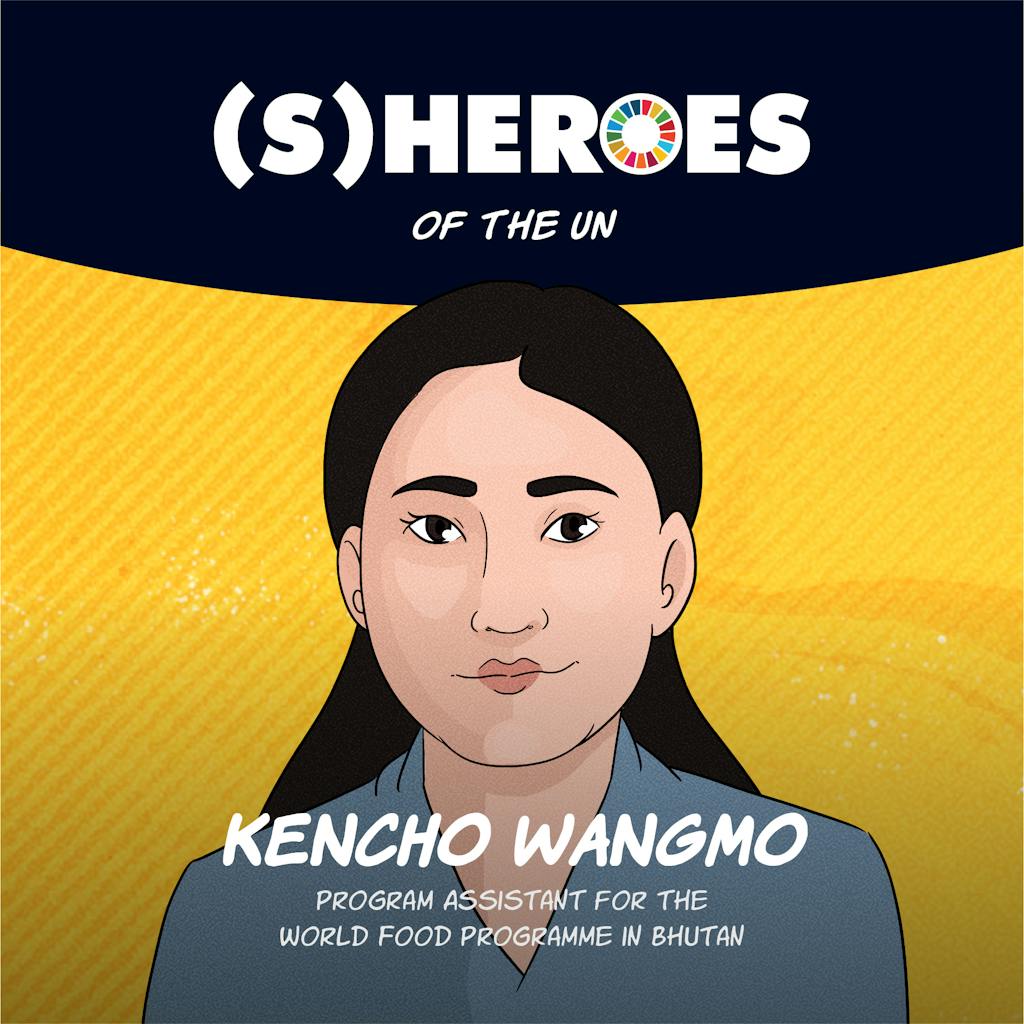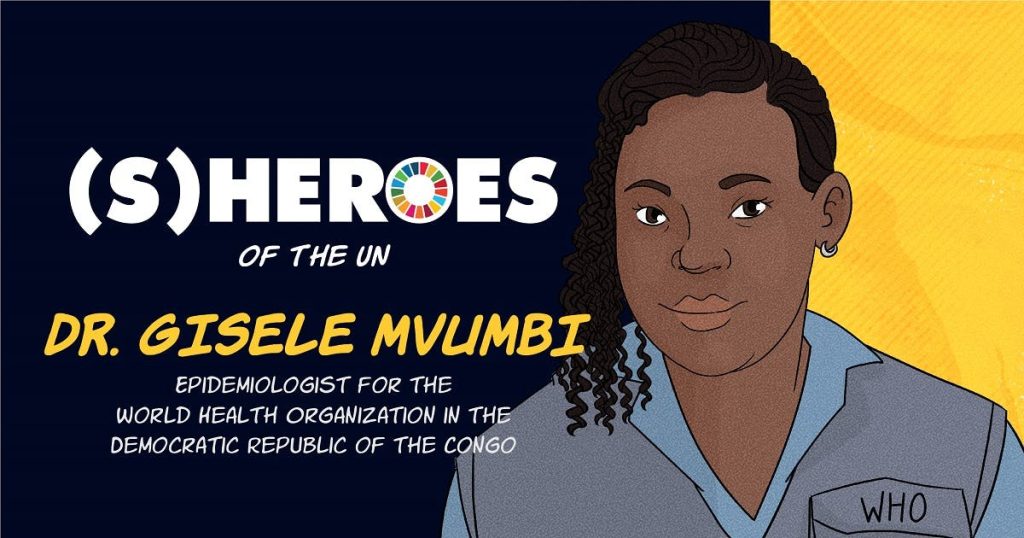While many people run from emergencies, these women head into them to help people in need. They are (s)heroes. They are also UN humanitarian workers.
World Humanitarian Day on August 19 is an annual moment to recognize the lifesaving work of humanitarian workers around the world. In 2019, the UN is recognizing the courage, challenges, and hard work of women humanitarians.
As part of this effort, we are sharing the stories of three UN humanitarian workers in our “(s)heroes of the UN” series:

Dr. Gisele Mvumbi, Epidemiologist for the World Health Organization in the Democratic Republic of the Congo
As the Democratic Republic of the Congo (DRC) battles an Ebola outbreak – the second largest on record – Dr. Gisele Mvumbi serves on the front lines of the effort to track and stop the spread of the virus. She works as an epidemiologist for the World Health Organization (WHO) in her home country of the DRC.
In the medical field, epidemiologists are known as the “detectives.” They investigate, track, and analyze the movement of the virus among the population. Dr. Mvumbi has spoken of the pride she feels when they are able to identify someone with the virus early on, so they have a better chance to get treatment and survive.
Right now, the role of health workers like Dr. Mvumbi is misunderstood by some communities, and health workers in the DRC face suspicion and personal risks to their security. While this makes her sad, Dr. Mvumbi says she has a duty to carry on and help make things better.
In her words:
“I am Congolese. This is my country, and I am an expert in this area of work, so it is my duty to help, to change things, to make things better.”
Follow the work of WHO on Twitter @WHO.

Anjali Sen, UNFPA Country Representative to Yemen
The crisis in Yemen is the world’s worst humanitarian emergency, and girls and women are particularly vulnerable – facing threats like violence, child marriage, and lack of access to reproductive health care. Anjali Sen advocates for the rights and health of girls and women in Yemen and works to meet their needs in her role as the Country Representative to Yemen for UNFPA, the UN’s sexual and reproductive health agency.
In Yemen, UNFPA provides hygiene products to women in need, supports counseling services for girls and women dealing with trauma, runs mobile clinics in areas where the health infrastructure has been destroyed, and provides skilled health care workers and medical supplies to make giving birth safer.
Sen’s work in Yemen builds on a nearly three-decade career working in the humanitarian, development, and governments sectors across Afghanistan, Bangladesh, India, Nepal, Pakistan, and Sri Lanka.
In her words:
“Always believe that even the smallest thing you do to help makes a difference in someone’s life and never give up on that hope.”
Follow her on Twitter @senanjali7.

Kencho Wangmo, Program Assistant for the World Food Programme in Bhutan
For over a decade, Kencho Wangmo has worked for the World Food Programme (WFP) in Bhutan, joining the organization fresh out of college. From working in administration to monitoring and evaluation to nutrition, gender, and WFP’s flagship school feeding program, she has taken on multiple roles and responsibilities – learning, adapting, and reinventing herself along the way. She is particularly proud of her most recent work of using behavior change communications to promote healthy eating habits and reduce the burden of “hidden hunger” – a deficiency in essential vitamins and minerals – among Bhutanese children and their families and communities.
For Wangmo, learning never stops. Between juggling a full-time job, which often takes her way from her family on field missions, and raising her two young sons, she enrolled in an online program from the University of Canberra, Australia, and graduated with a master’s degree in business management in 2017.
In her words:
“Nutritious school meals provide children with a foundation to learn better, dream bigger, and become the best they can be when they grow up. This is the area in which I want to make a positive contribution. By investing in children today, we can ensure a better tomorrow for our entire nation.”
Follow WFP’s work on Twitter @WFP.

